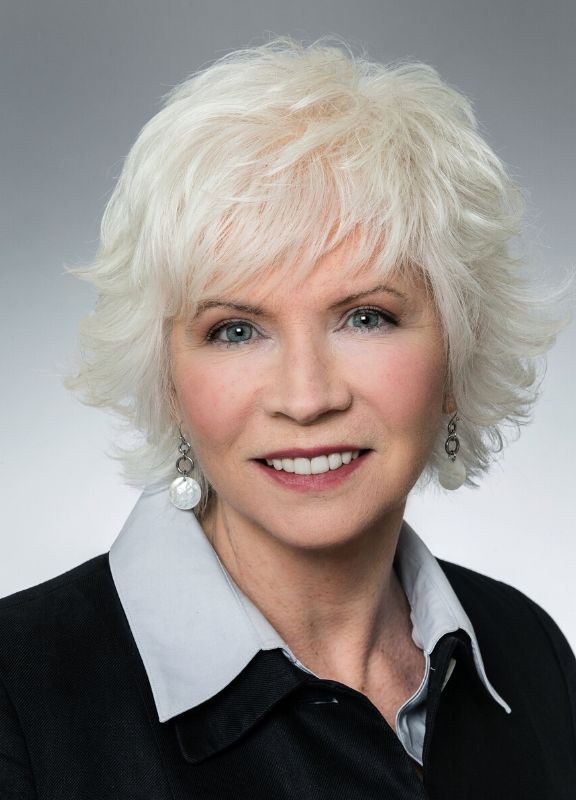You may have you heard the famous quote from American author Georgia Cates, “Music is what feelings sound like.” Music does move us emotionally and can shape our mood and outlook on life. Music is a natural, inborn part of human existence and has been a part of all cultures throughout history. The intellectual capacity to recognize and experience music is present in every person from birth and is the first mental capacity to develop in the human brain.
There are significant positive benefits from listening to and performing music. Listening to music is stimulating to the brain, engaging neurons to connect, which creates a state of learning. Music is more stimulating to the brain than any other activity. It brings together the activation of both the right and left sides of the brain. The results are increased creativity, improved memory and positive thinking.
Music stimulates the neurotransmitter dopamine, known as the “feel good” chemical in the brain, related to our sense of reward and happiness. This knowledge has led to music therapy becoming a popular and successful form of therapy, used to increase positive mental and physical states. Research into music therapy has found that listening suomi porno to music can increase happiness and life satisfaction. At Durham University in Ireland, researcher Tuomas Eerola, PhD, a professor of music cognition, writes, “The results help us to pinpoint the ways people regulate their mood with the help of music, as well as how music rehabilitation and music therapy might tap into these processes of comfort, relief, and enjoyment.”
Other research has focused on the joy upbeat music can bring. The American Music Therapy Association (AMTA) reports that music therapy programs can be designed to achieve goals such as managing stress, enhancing memory, and alleviating pain. It has been found that music can indeed reduce physical pain. A 2015 review in The Lancet Trusted Source found that people who listened to music before, during, or after surgery experienced less pain and anxiety, compared to patients who did not listen to music. The music listeners didn’t even need as much pain medication.
Music therapy can also improve the outlook and management of mood disorders, Parkinson’s disease, dementia, stroke and multiple sclerosis, according to research by World Journal of Psychiatry.
We all have favorite songs that elicit certain familiar emotions. The more often we hear a piece of music, the more favorable will be our emotional association. Music can stir new emotions in listeners, as well as bring up emotional memories associated with familiar music. Music is a huge part of our social lives, and accompanies life-changing moments, such as weddings, funerals and religious events. Music can also create a sense of empathy in the listener for the emotions experienced by the performers. Likewise, music often stirs listeners to action, such as dancing, marching or singing. Just think of people moving to music at concerts or children naturally breaking into dance when they hear music.
Knowing that participating in music can lead to positive outcomes for people, many parents are beginning to introduce playing a musical instrument as an additional activity for children ages seven to seventeen. In 2019, Guitar Center commissioned an independent study to explore the effects of supplemental music lessons on the development of children. Results were as follows:
- Patience in Problem-Solving – 85% of parents found that their children were more able to complete tasks.
- Prioritization Skills – 71% of parents found that children were able to voluntarily reduce screen time.
- Increased Self-Awareness – 83% of parents found their children were more receptive to feedback.
- Time Management – 68% of parents found their children were more able to finish tasks on time.
- Self-Motivation – 60% of parents found that children developed a greater ability to self-monitor screen time.
Music is indeed an integral part of our lives. It keeps our brains active, alert and healthy, while helping us to fight depression, lift our mood and stay connected through empathy and shared emotional experiences. It helps our children develop critical life skills and brings us together as a society to enjoy a shared creativity.



















